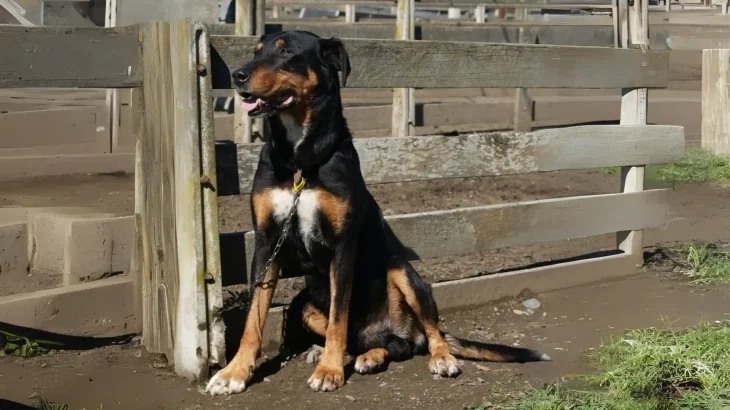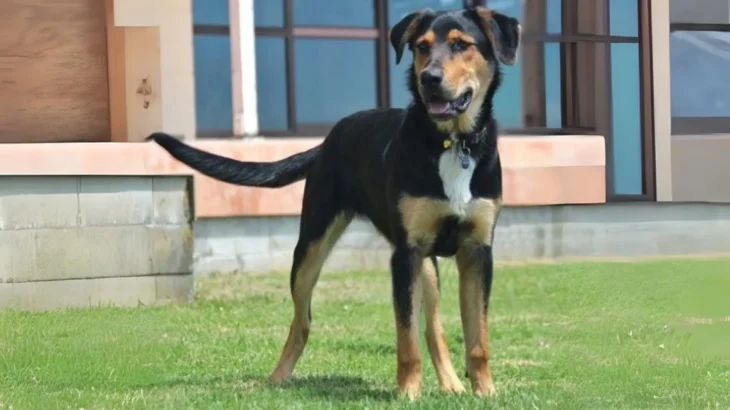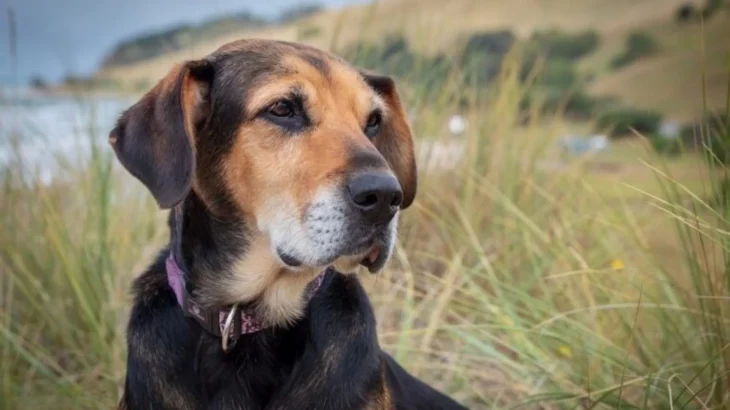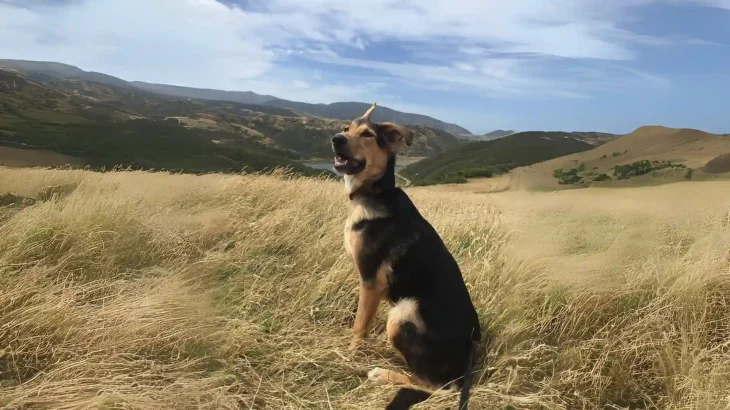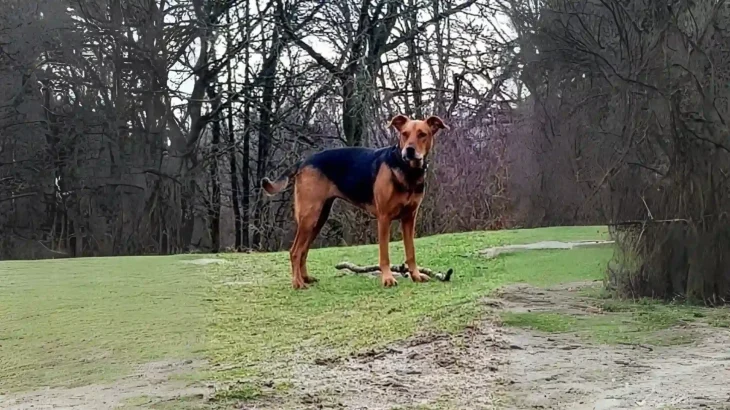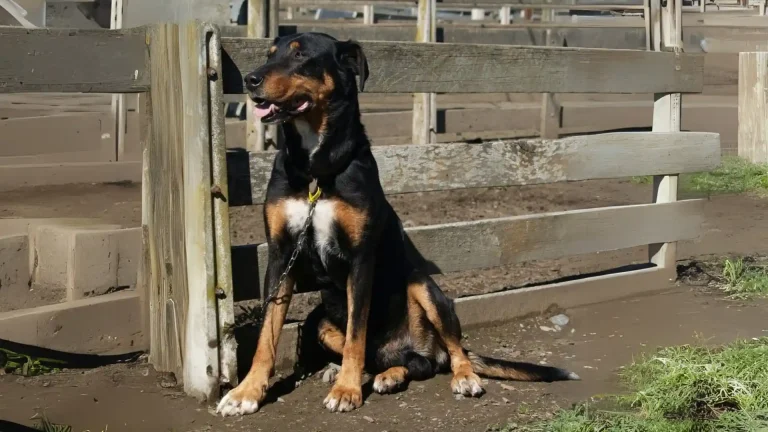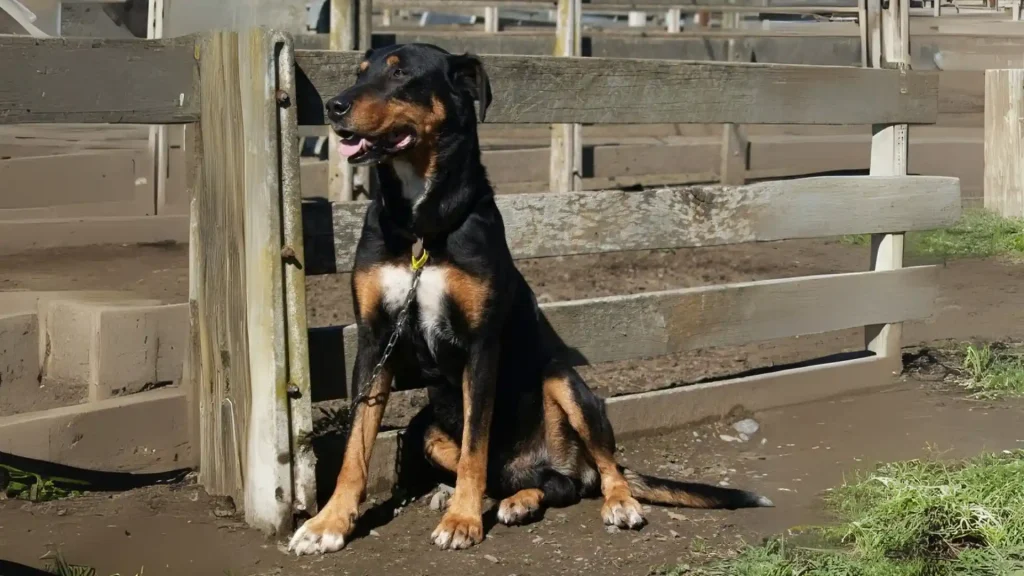Choosing whether to adopt or purchase a New Zealand Huntaway puppy depends on what you value most. Buying from a breeder usually offers more certainty about health and pedigree, while adoption provides a chance to give a home to a dog in need and often comes at a lower cost.
Adoption vs. Breeder: Pros & Cons
| Criteria | Buying from Breeder | Adopting from Shelter/Rescue |
|---|---|---|
| Cost | Higher initial cost ($300-$1000), influenced by pedigree and breeder reputation. | Lower fees, typically more affordable, includes basic vaccinations and care. |
| Health History | Detailed health records and genetic screening likely available. | May have unknown or limited health history; shelters provide basic health exams. |
| Age Availability | Mostly young puppies, allowing for early socialization and training. | Varied ages available, including adults and seniors. |
| Temperament Insight | Breeders offer info on lineage temperament and traits. | Shelter staff provide behavior observations, but full history may be missing. |
| Supporting Practices | Supports ethical breeding focused on working abilities and breed type. | Supports animal welfare by helping rehome dogs and reduce overpopulation. |
| Breed Purity & Pedigree | Likely documented pedigree and breed standards. | May have mixed heritage; purity less certain or unknown. |

